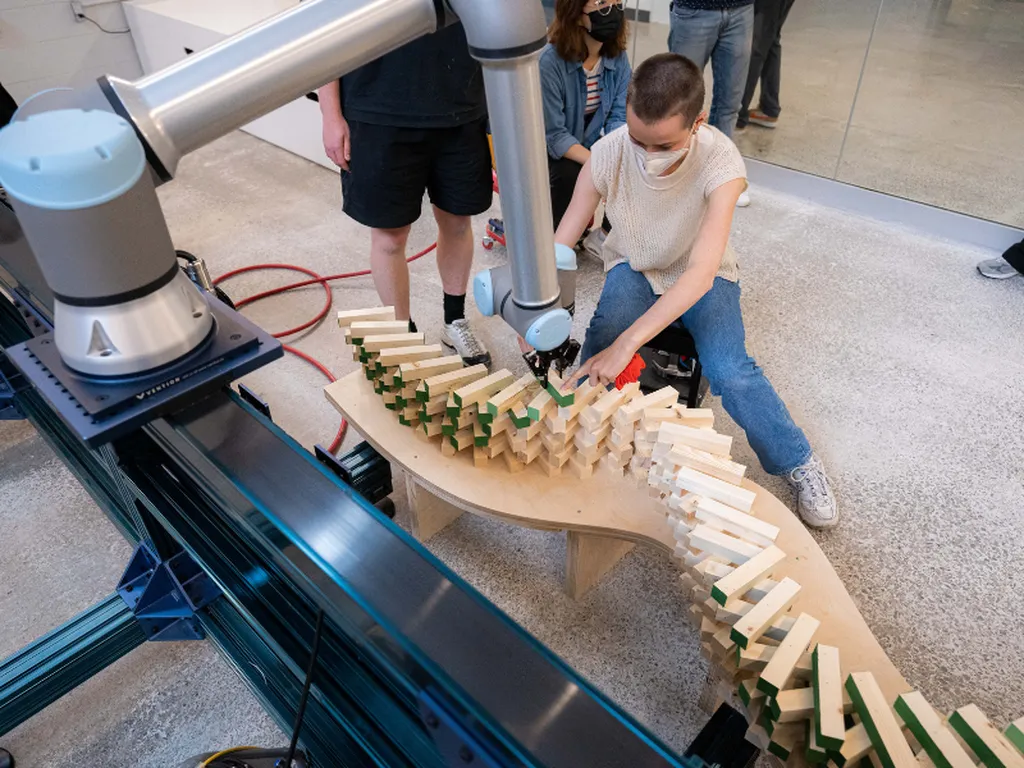Researchers from the University of Toronto’s Autonomous Systems and Biomechatronics Laboratory, led by Professor Angela Schoellig, have developed a novel approach to enhance robotic learning and adaptability in challenging environments. Their work, titled ProDapt, focuses on improving diffusion models, which have significantly advanced the field of imitation learning, enabling robots to replicate complex behaviors. However, traditional diffusion models often rely heavily on exteroceptive sensors, such as cameras, to interpret the environment, and lack long-term memory capabilities. This dependency can be problematic in high-stakes scenarios like space exploration, military operations, and underwater missions, where sensor failures are more likely, and robots must rely solely on proprioceptive information—sensors that provide feedback on the robot’s own position and movement.
ProDapt addresses these challenges by integrating long-term memory of past interactions between the robot and its environment into the diffusion process. This allows the robot to complete tasks using only proprioceptive data, making it more resilient to sensor failures. The method identifies and retains “keypoints,” which are essential past observations that serve as critical inputs for the robot’s decision-making policy. By leveraging these keypoints, the robot can adapt its actions based on a richer understanding of its environment, even when exteroceptive sensors are unavailable or compromised.
The researchers tested ProDapt using a UR10e robotic arm in both simulated and real-world experiments. The results demonstrated the necessity of long-term memory for task completion, particularly in scenarios where exteroceptive sensors are unreliable. This innovation could have significant implications for the defense and security sector, where robots are often deployed in harsh, unpredictable environments. For instance, in military applications, robots equipped with ProDapt could perform reconnaissance, maintenance, or repair tasks in areas where traditional sensors might fail due to damage or environmental interference. Similarly, in underwater operations, where visibility is often limited and sensors can be easily obstructed, ProDapt-enabled robots could navigate and complete missions more effectively.
The development of ProDapt represents a significant step forward in the field of robotics, particularly in enhancing the adaptability and resilience of robotic systems in challenging environments. By incorporating long-term memory and focusing on proprioceptive data, the researchers have created a robust solution that could revolutionize how robots are used in defense, security, and other high-stakes applications. As the technology continues to evolve, it is likely to open up new possibilities for autonomous systems, making them more reliable and capable in the face of adversity.
This article is based on research available at arXiv.

